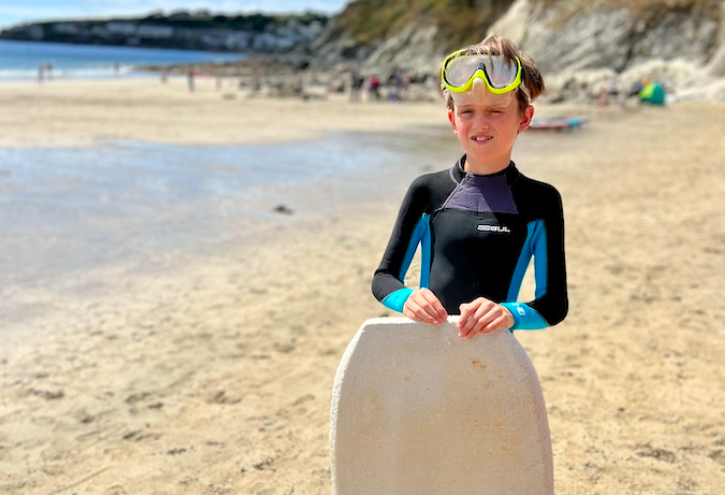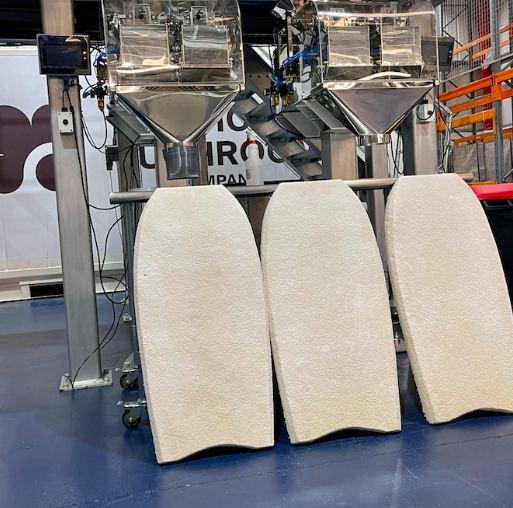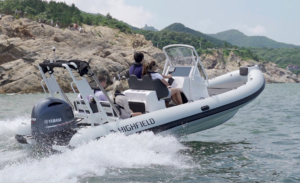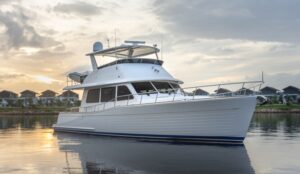Magical Mushroom Company seeks investment in biodegradable bodyboard

Magical Mushroom Company (MMC), a packaging company focused on making polystyrene a thing of the past, has launched a Kickstarter campaign to create a biodegradable bodyboard made from mycelium and hemp waste.
Mycelium, described as a giant underground ‘tree’ whose fruit is mushrooms, is made of chitin, a natural glue which has the added benefit of being water resistant. To make mushroom packaging, or bodyboards, the company mixes mycelium with agricultural by-products. It uses the woody core of hemp in 98 per cent of its products (which, MMC says, has the added benefit of locking up carbon dioxide at the rate of about 15 tonnes per hectare).
The objective of MMC’s Kickstarter is to bring a bodyboard to market which provides an alternative to the inexpensive bodyboards commonly sold to tourists. It aims to address the needs of casual users, rather than directly competing with higher-end boards designed for dedicated bodyboarders.
MMC’s boards — if successful — will biodegrade naturally at end of life, due to the materials used in construction. Plus, the company says it’ll pay for collection from UK seaside towns and resorts and grind down the boards and use them as a feedstock for the manufacturing of new bodyboards, offering full circularity.
The inspiration behind the biodegradable bodyboard project is Tim Lupton, co-founder at Predn Surf Co in Cornwall, which has been journeying towards eco-friendly boards since 2017. Also involved is Chris Martin from People of the Earth, who owned Skunkworks Surf Co, where he led the production of sustainable soft surfboards. Seemingly all share a mission to ‘revolutionise the surf industry’s toxic manufacturing processes with sustainable alternatives’.
The plan is to create a biodegradable bodyboard with an optimal balance of flexibility and stiffness, allowing it to be utilised by individuals with varying weights, and to incorporate some form of exterior layer or coating to enhance durability and protect the board’s core material. MMC aims to create a competitively priced board and says the price must remain accessible to the target audience and provides an attractive option compared to its competitors.

The biggest challenge in the process so far, MMC says, is finding a way to withstand the waves’ demands and ensure the boards last for an acceptable amount of time. It says that with some further engineering research, the bodyboards will have a perfect balance of flex and stiffness, and it’s already discovered a way of reducing the weight while increasing the strength, but more work is required. Now the company is looking at solving the coating while ensuring that it achieves a competitive price point allowing room for a wholesaler/retailer to achieve a sufficient margin.
This isn’t the first time MIN has reported on surfboards made of surprising materials. In May 2023, Niall Jones released pictures of The Floater, a recycled surfboard he’d made using raw sewage which was collected from St. Agnes and Godrevy, popular surf spots on the coast of North Cornwall.










